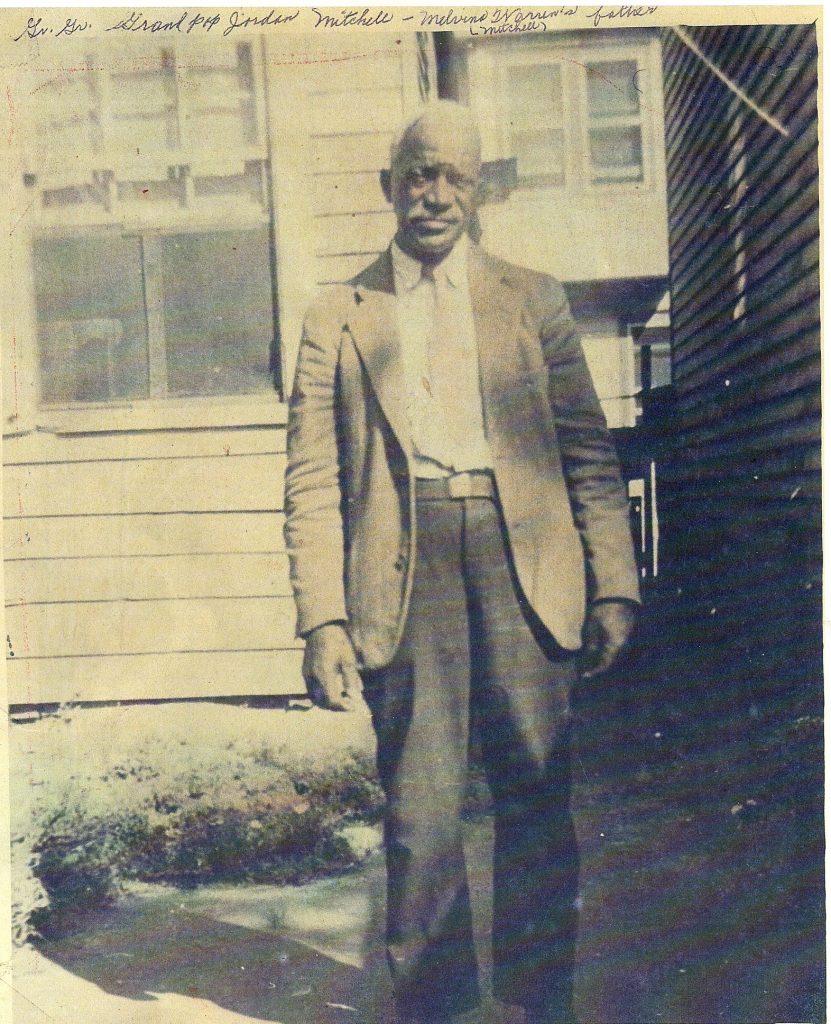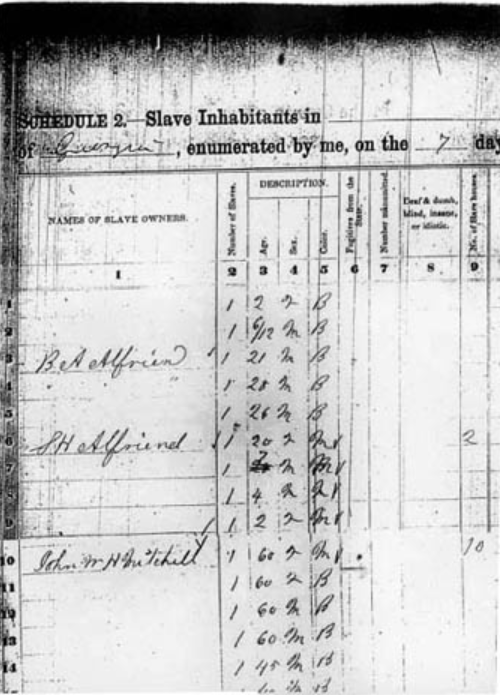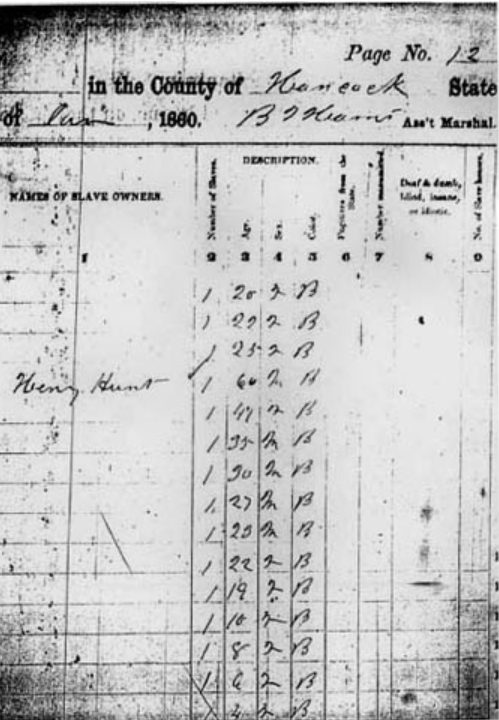Note: From 2006-2012, I was an editor and contributor to BlogHer.com. Because of changes in ownership, the content I created is no longer visible on the site. I have been retrieving some of the work that I did on the site that got the most response and republishing it here.
This particular blog post was part of a 2009 BlogHer collaboration with the Sunlight Foundation to stimulate informed discussion on what would become the Affordable Care Act. Sunlight had created a tool, OpenCongress.org, that allowed one to read the full text of proposed legislation and annotate it paragraph by paragraph with comments and questions. One could track the progress of the bill by adding a widget to a personal blog or website.
This was one of several blog posts I wrote on particular aspects of the act. This is the opening post in the series. Other members of the staff also researched the bill and posted from their respective beats. For the most part, the discussion, while passionate, was informed and civil.
Malpractice reform and the health care overhaul: the truth behind the rhetoric
March 9, 2010 by Kim Pearson
I used to have a gynecologist that I absolutely loved – at least as much as you can love someone who wields a speculum. She saw me through a difficult pregnancy. She made me feel as if she really cared about my health. She listened to me and answered my questions.
Then my insurance plan went out of business. I found an HMO that had a roster of doctors I wanted, including my gynecologist. That was fine for a while, until the day I called for an appointment for my regular checkup only to learn that she was dropping my insurer, along with several others. As with many other ob-gyns, I was told she’d concluded that her reimbursements from the insurance companies didn’t cover her malpractice premiums.
Fortunately, I found another great gynecologist. However, stories about doctors’ complaints about excessive malpractice insurance premiums and frivolous lawsuits have persisted. Indeed, one of the few areas of apparent agreement between Pres. Obama and his Republican opponents in the health care reform debate is that finding ways to limit medical malpractice suits might be one way to reduce health care costs. Of course, supporters and opponents of the current health care reform legislation differ about the best way to approach that reform.
Republicans favor laws that limit liability, while the Democrats have emphasized reducing medical errors. Republicans tout a Congressional Budget Office estimate that tort reform could cut medical expenditures by $54 billion over ten years.
But there is the problem that little evidence exist to show that malpractice reform really reduces patients’ costs, while considerable evidence suggests the wrong kind of reform could cost patients’ lives. At Pres. Obama’s televised health care summit with Congressional leaders last month, Sen. Dick Durbin (D-IL) drew on his experience representing both plaintiffs and defendants in malpractice suits to make precisely that point:
(You can also read the transcript.)
Tort reform has long been a central tenet of health care reform proposals by Republican leaders. The alternative health care reform legislation sponsored by Rep. John Boehner limits plaintiff’s non-economic damages to $250,000. (Read the bill .pdf)
During Pres. Obama’s televised health care summit, Rep. Joe Barton (R-TX) touted Texas’ tort reform law which he said had attracted 18,000 doctors to the state and reduced malpractice premiums by 27 percent. But Seminal at Firedoglake cites a study by Public Citizen which found that since Texas passed its law limiting defendants’ liability to $250,000, more people are uninsured, health care costs are rising faster than the national average, and the numbers of doctors in under-served areas has actually declined. The full Public Citizen Study is here (.pdf)
As Pres. Obama noted at the summit, both his plan and the health reform bill passed by the Senate include grants to states for programs to reduce medical errors. Health and Human Services Secretary argued for the merit of this approach in this exchange about controlling costs with David Gregory during a March 7 appearance on Meet The Press:
MR. GREGORY: But you, but you don’t, you don’t deal with tort reform, which the president has talked about more recently.
SEC’Y SEBELIUS: Actually, we do deal with tort reform. That’s just not true. He moved ahead on tort reform early on, directing me to…
MR. GREGORY: Pilot programs is what you supported.
SEC’Y SEBELIUS: …pull money out. Well, but states are in various stages.
MR. GREGORY: Right.
SEC’Y SEBELIUS: And many states, like my own state of Kansas, have already passed full tort reform; others haven’t at all. This is really a state-level situation…
MR. GREGORY: But whether it comes to…
SEC’Y SEBELIUS: …where we want to see the best ideas that work.
MR. GREGORY: …malpractice reform, whether is comes to…
SEC’Y SEBELIUS: Which is in the bill.
MR. GREGORY: …subsidizing volume, whether it comes to, you know, salaries for doctors and so forth, do you really assert–you disagree with Warren Buffett that this adequately bends the cost curve?
The strange thing to me is that critics of the proposed health care reforms deride it as a government takeover of health care, but on this point, they seem to want a mandate from Washington instead of allowing local governments to take the lead. Seems a curious contradiction of Republican ideology, in addition to being of dubious fiscal soundness.



















Ready to scream
theprisonerswife August 12, 2009 – 4:56pm
Like the last commenter, I usually stick to personal issues (or those I can easily understand), but this health care debate is making me frustrated. After a recent trip to the ER with my son, i HAD to jump into the debate (would love your POV. Notes from the ER http://bit.ly/4eXUbR).
i have health insurance, very good insurance (that i don’t pay a dime for. i’m a teacher), but it’s contingent on my job (and my union’s ability to keep insurance as apart of our contract). Why our health coverage can’t be TRULY picked BY us (i.e. like we pick car insurance) is beyond me. If there were a public option , this will go a long way to not only insure MORE people (which, is necessary), but to also give us more choices.
I think that the fevered response over Obama’s health care (you know, all those people yelling & screaming @ town hall mtgs), has a lot to do with the fact that people STILL can’t get over our President is Black. I really believe if George Bush had of presented these ideas, people would be more receptive. I say this because the majority of the people i see in SUCH opposition aren’t minorities. Where is the voice or opinion of non-white people?
I also find it ironic that the same people who want the government to “stay out of their health care” are the same people who rely on Medicare & Social Security. Seriously?
The Dems need a better PR machine. Right now they are getting beaten by the politics of fear & ignorance.
~~Gimme Love: http://theprisonerswife.blogspot.com
In disbelief over the racism card being played in this context
NOfreelunch August 13, 2009 – 3:44pm
Therprisonerswife, have you actually attended any of these town halls? I have attended one and tried to attend another that was too crowded for me to get in. But what I saw at one included a black man who did not agree with the proposed plan and made it clear with his words and actions, all peaceful. Then a group of black people who were in favor of the plan were incensed that the first black man wasn’t “falling into step” with the way he was “supposed” to think, according to them. THEY (the supporters of the plan) became violent, profane and abusive to the man who was NOT a supporter. So there’s a few “non-white” people’s opinions for you that I’ve seen and heard personally.
As a white person, I am deeply offended and angry at your assertion that simply because I may not agree with the proposed plan or certain aspects of it, it’s because I “STILL can’t get over our president is black.” That is judgmental, divisive and plain wrong on so many levels it boggles my mind. In fact, the ONLY thing I truly like about this President thus far IS his color. I certainly haven’t been able to support any major direction change, economic policy or “stimulus” that he’s pushed through, all without the accountability , transparency and time to consider and read these bills he promised so many times. President Obama and some members of Congress are the ones fear mongering while trying to jam these bills through without even the Congress having time to fully read, craft, and debate over reforms on which people can reach some sort of a carefully thought out compromise. This is our health and our life and death, not something that we should just follow “lock step” on as it is quickly shoved down our throats. And if we bother to oppose some things we think are wrong or to *gasp* think independently, we are accused by people like you as being racist, or by Nancy Pelosi as being a part of some kind of organized violent mobs that are trying to impede progress? You have to be kidding me. Do you know how many people of all colors who were in opposition to this at the Town Halls were elderly and even nearly incapacitated? “Violent mobs” of octogenarians and handicapped people? What a joke. It says a lot to me about how far some of the most powerful people on the left are willing to go (and lie if necessary) to vilify anyone who is not in agreement with their policies. If people didn’t want progress and weren’t concerned about the issue, why would they bother to take the huge amount of time and effort it takes to come to these town halls trying to get information and make their voices heard?
You call this “Obama’s health care.” You say it’s because he’s black that people aren’t swallowing it like a spoonful of sugar. Well have you ever bothered to consider that it’s not Obama’s plan at all: it’s the same, tired socialized medicine concept that is being used by other countries that has marginalized health care in myriad ways most Americans aren’t even aware of and thankfully have not yet had to be subjected to. You talk about making choices. Don’t you understand that under a government (socialized) plan so many of those choices and medical care options will be taken away? Right now people from other countries with “Obama care” medicine systems are luckily able to come to the United States to get the medical care they sometimes desperately need and are made to wait for, for sometimes years at a time. Wait until America goes that same way and you will see many of your precious health choices that you have now with your admittedly good plan dissolve in time while someone decides what drugs will be available for certain conditions, when you can have an MRI or a CT scan that will put your frightened mind at ease, when and if you can choose and have your own doctor and what is “elective” surgery or not.
It has been tried in other countries. Their systems are below the levels of excellence and freedom and choices that ours provides. You call people that are not in favor of the plan “ignorant” and “fearful.” Well some of my opinions are based on personal accounts of health care in other countries given to me by close friends and family. Some are based on things that I’ve personally witnessed regarding health care in other countries. Coloring my “ignorance” are heartfelt, passionate opinions from health care providers and physicians from other countries who still do not consider our health care system irretrievably broken. Health care reform? Absolutely. Let’s rip our system apart, get down to the “nitty gritty” and debate, craft and mold it until we have it working better, less costly and more fair. Sacrificing our system altogether for a type that is going to marginalize and destroy competitive innovation and medical excellence that our (admittedly flawed) system has now is not the answer. Not only is it not the answer, but for you to say that I’m racist, ignorant and afraid for believing so is, to me, despicable.
In my opinion it is people like you on the other side of the argument that group the people who are not in favor of such a system into stereotypes and slurs and derogatory portraits that are only contributing to (and sometimes generating) the anger being displayed in these Town Hall meetings.
Respectfully
dianaelee August 14, 2009 – 6:21am
Obviously not everyone opposed to the President’s reform ideas is a racist, but it is disengenuous to ignore the racism that underlies some of the comments lamenting what is happening to our country, particularly when an albeit small, but alarmingly vocal minority don’t even believe he is qualified to be President because he was born in Hawaii.
Racism no longer tends to be overt. Instead, the message comes through loud & clear through particular attitudes and behaviors that reveal these views.
I offer up Glenn Beck as one prime example of this attitude.
Visit me at Somebody Heal Me: The Musings of a Chronic Migraineur
Follow me on Twitter @somebodyhealme